Let’s talk about money — everyone’s favorite topic, right? You may be thinking, “But I’m not a finance guru. I didn’t sign up for this.” Don’t worry; you’re not alone. But if you’re in business and you don’t know the first thing about financial literacy, it’s like trying to bake a cake without knowing what flour is (trust us, it doesn’t end well). Financial literacy is the secret sauce to business growth, and you don’t have to be a financial wizard to master it. Let’s dive into the basics, sprinkle in some humor, and set you on a path to financial greatness — without any of the confusing jargon or stuffy talk.
What Is Financial Literacy, Anyway?
Financial literacy is simply understanding how money works. It’s not just about knowing what goes into your bank account (thank you, direct deposit!). It’s about grasping the basics of budgeting, saving, investing, taxes (yes, they exist), and planning for the future. Think of it as learning how to cook in the world of finances. If you know what goes in, you can make a meal — or in this case, build a business — that’s not just tasty but profitable.
But here’s the kicker: financial literacy isn’t just for accountants and billionaires. It’s for everyone, especially small business owners like you. In fact, understanding your finances can make or break your business. Ignore it, and you’ll be the one getting broken.
Budgeting: The Most Underrated Superpower
Let’s start with budgeting. Sounds boring, right? Like the broccoli of the business world. But here’s the truth: budgeting is your best friend. It’s like a GPS for your money. Without it, you’re just driving around hoping you’ll end up at the right destination — spoiler alert, you probably won’t.
You need to know where your money is coming from (hello, income!) and where it’s going (cough, expenses). It’s not about limiting yourself; it’s about knowing exactly where every dollar is going, so you can make smart choices. Budgeting apps are key here. You know, the ones that help you figure out if you’re spending too much on fancy coffee or if your subscription to that streaming service you forgot about is secretly draining your funds.
Want to get on top of your budget? Check out tools like Mint or YNAB (You Need A Budget). These apps help you track your spending, set goals, and give you the clarity to take control of your business finances. You’ll wonder how you survived without them.
Saving: Don’t Spend It All (Seriously, Don’t)
Here’s a tough truth: if you’re always spending every penny that comes in, you’re setting yourself up for disaster. Imagine running a race without taking any water breaks. You’ll crash — and fast.
Building an emergency fund is key. We’re talking about a cushion for the “uh-oh” moments. Whether it’s a slow sales month, a sudden equipment breakdown, or a surprise bill from your favorite coffee shop (just kidding), you need that rainy-day fund. The general rule of thumb? Save enough to cover three to six months of business expenses. This isn’t a fun money goal, but it’s a smart one. Think of it as your financial seatbelt.
Credit: Use It Wisely, Like a Grown-Up
Ah, credit. Everyone loves it, but few people understand it. Having a good credit score means you can borrow money (like a responsible adult) and pay it back without giving yourself a stress ulcer. But use it wisely — don’t go on a shopping spree just because your credit card limit is high.
Pro tip: If you’re running a business, maintaining a healthy credit score can help you secure loans when you need them. Just don’t let your debt pile up faster than you can say “financial crisis.”
Need help managing your credit? Try Credit Karma for free credit score checks, advice, and tools to help you stay on top of your credit health.
Planning for Growth: Because “Wing It” Doesn’t Cut It
Now that you’ve got budgeting and saving down, let’s talk about the future. How do you want your business to grow? What’s your plan? You can’t just sit around and hope for the best. You’ve got to think ahead — like a chess master planning three moves ahead of time.
Whether you’re looking to expand into new markets, launch a product line, or hire employees, you need a roadmap. Create a financial plan that outlines where your money will come from and how you’ll use it to grow. And don’t just rely on hope; get strategic. Forecasting your revenue, expenses, and profit margins is crucial. If you’re in the dark about this, your growth will be slower than a sloth on a lazy day.
Financial planning tools can help here, too. Planful and QuickBooks are great for creating financial plans and forecasts that keep your business on track.
Taxes: Yes, They’re Coming for You (But Don’t Panic)
Let’s talk about taxes. The one thing that makes every small business owner’s stomach churn. But it doesn’t have to be the nightmare it’s made out to be. The key is understanding your obligations and being prepared. This includes knowing what expenses are tax-deductible and when to file.
Look, you don’t have to become a tax expert, but it helps to know the basics. If taxes aren’t your thing, don’t hesitate to hire an accountant. It’s a small price to pay to avoid a major headache later on.
Want to keep taxes simple? Check out TurboTax, which offers specific tax filing for business owners and freelancers. Trust us, you’ll thank us later.
Collaborating with Financial Planning Brands
You don’t have to do this alone. Financial planning brands, budgeting apps, and financial literacy programs can help you master your money game. Many offer resources, tools, and expertise to guide you on your path to financial literacy. Collaborate with these brands to keep your business finances in check while learning from the pros.
Need a boost? Work with Financial Coach or partner with financial literacy programs like MyMoneyCoach or Smart About Money. These resources can help you level up your understanding of financial principles.
Money’s Not So Scary After All
Mastering the basics of financial literacy isn’t about becoming a millionaire overnight — it’s about understanding how money works and using it wisely to grow your business. By budgeting, saving, planning, and using the right tools, you can set yourself up for long-term success without breaking the bank. So, go ahead, get started, and remember: it’s okay to laugh at the complicated stuff — it just means you’re one step closer to understanding it.
financial literacy, budgeting apps, financial planning brands, business growth, financial literacy programs, budgeting, saving, credit, business planning, taxes, financial tools, Mint, YNAB, Credit Karma, QuickBooks, Planful, TurboTax, MyMoneyCoach, Smart About Money




